“In plain words, Chaos was the law of nature; Order was the dream of man.”
When the publisher of the Modern Library series chose one book as the top non-fiction book of the 20th century, it was not William James’s The Varieties of Religious Experience or Virginia Woolf’s A Room of One’s Own. (These were #2 and #3 on the list, respectively.) Nor did James Watson’s The Double Helix, Annie Dillard’s Pilgrim at Tinker Creek, or Principia Mathematica by Whitehead and Russell take the top spot. Though more well known, The Right Stuff by Tom Wolfe, Booker T. Washington’s Up From Slavery, and Strunk and White’s The Elements of Style were also further down.
Before any of these great works, the editors chose The Education of Henry Adams, a literary autobiography (told in the third person) of the great-grandson of John and Abigail Adams. It was also named the best book of the 20th century by the Intercollegiate Studies Institute. The Education of Henry Adams actually won the Pulitzer Prize in 1919. Yet few seem to be aware of the book and fewer still to have read it. This is unfortunate, as the book is truly excellent.
Henry Adams was a prominent historian of his time, but his autobiography was published only posthumously. In it, he recalls memories of his grandfather, John Quincy Adams; the evolution of his family’s role in regional and national politics; his time at Harvard (both as a student and professor); and his later life and career. And in the final section of the book, he reflects upon the impact of the late 19th century and the way in which America had changed on the other side of the Civil War. Concerning his own education for such times, he concludes:
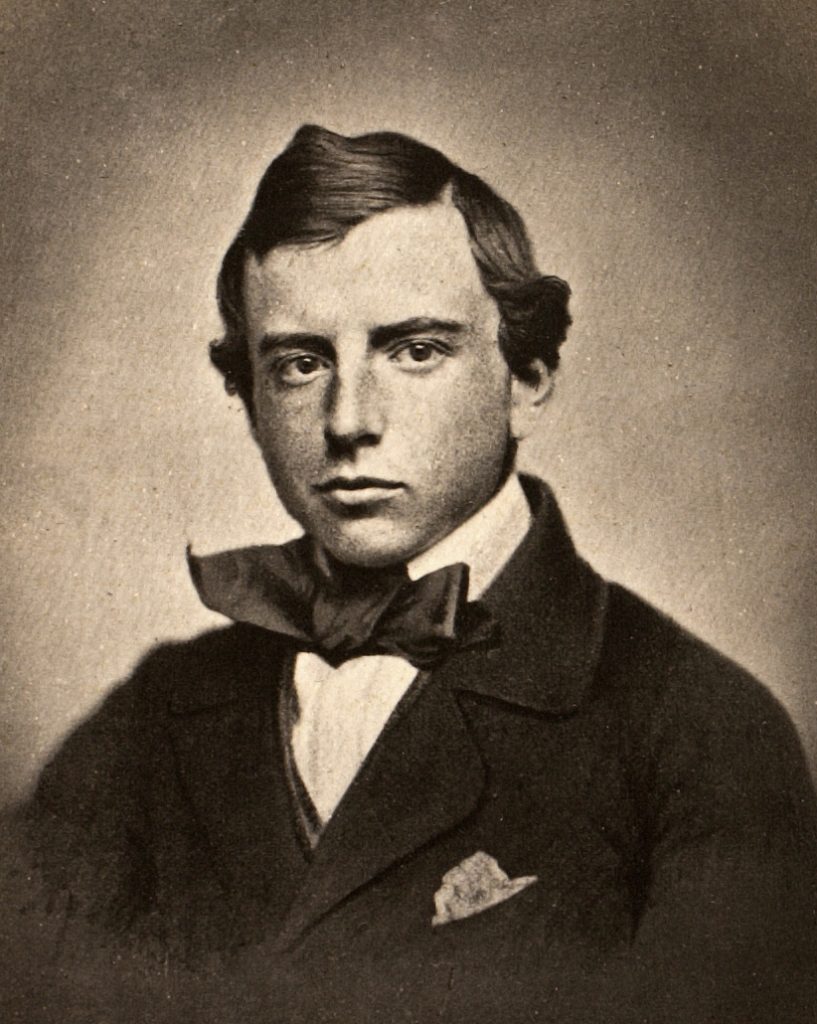
Only on looking back, fifty years later, at his own figure in 1854, and pondering on the needs of the twentieth century, he wondered whether, on the whole, the boy of 1854 stood nearer to the thought of 1904, or to that of the year 1. He found himself unable to give a sure twentieth-century answer. The calculation was clouded by the undetermined values of thought, but the story will show his reasons for thinking that, in essentials like religion, ethics, philosophy; in history, literature, art; in the concepts of all science, except perhaps mathematics, the American boy of 1854 stood nearer the year 1 than to the year 1900. The education he had received bore little relation to the education he needed. Speaking as an American of 1900, he had as yet no education at all. He knew not even where or how to begin.
Henry Adams was heir to American greatness. “Probably no child born in the year,” he writes, “held better cards than he. Whether life was an honest game of chance, or whether the cards were marked and forced, he could not refuse to play his excellent hand.” Adams knew towering figures like Ulysses S. Grant, Charles Sumner, and Henry Cabot Lodge. He met the likes of Giuseppe Garibaldi. (He calls Garibaldi in 1860 “the most serious of the doubtful energies in the world.”) But despite his family connections and relative success in the world, Adams was a flawed man who knew himself to be so. He had difficulty when it came to understanding and navigating the world. Fairly or not, he writes of himself: “As it happened, he never got to the point of playing the game at all; he lost himself in the study of it, watching the errors of the players.”
It was the inescapable mystery of the inner life that most interested him, though. And this is the chief virtue of his autobiography. Adams reveals himself with relentless honesty and sometimes painful self-critique, peppering his own story with melancholy insights and observations about human interactions. The work is certainly not without hope and optimism, but as the poet Donald Hall wrote: “We read Adams to remind us of our ignorance.”
Anyone interested in early American history, the Civil War, education, politics, or the human condition could certainly do worse than to pick up The Education of Henry Adams as their final read of the summer.
Are you one of those who have already read this 20th-century masterpiece? Let us know what you thought of it in the comments!
Click here for the complete list of Modern Library’s top 100 nonfiction works of the 20th century. Curious as to what fiction made the list? Check here. You might also be interested in the Intercollegiate Studies Institute’s own Top 50.
The Education of Henry Adams is in the public domain. Various ebook options, a free audiobook version read by an excellent reader, or a hard copy of the Modern Library version are all available.
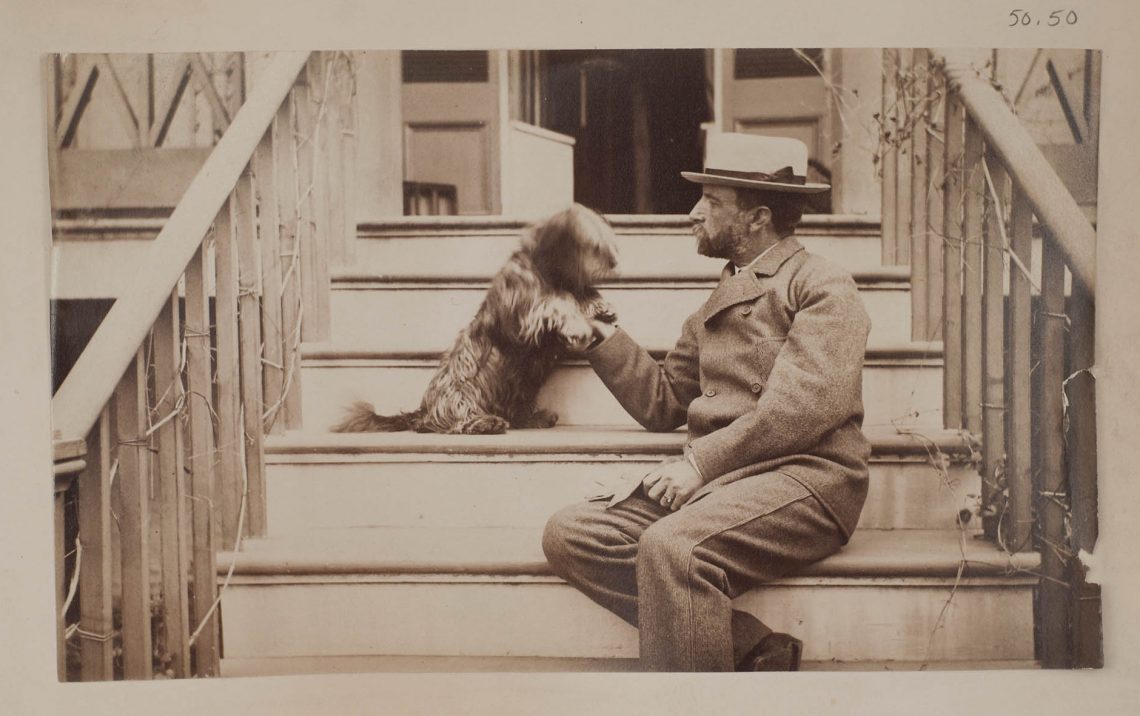


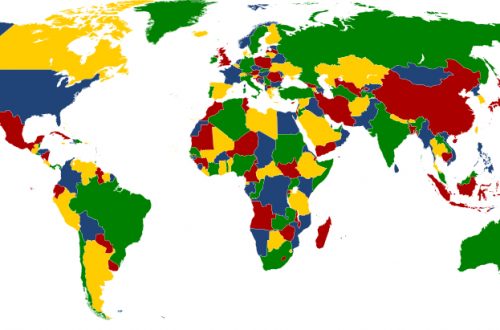
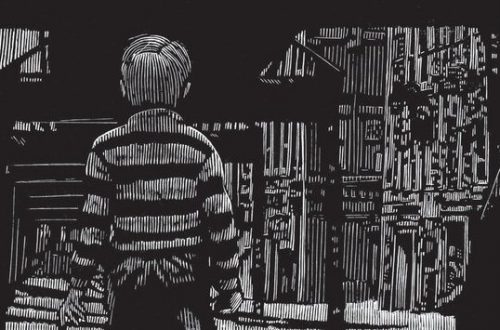
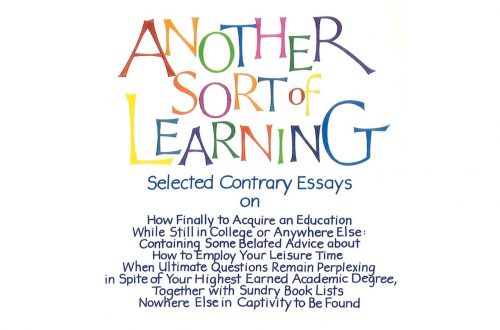
2 Comments
Tom King
We had to read this book in Freshman Rhetoric 62 years ago. Surprisingly powerful and thoughtful book, replete with correlations for today’s readers. Our education, once started, never stops.
Jon Balsbaugh
I think Freshman Rhetoric just may have been a better class 62 years ago, Tom!